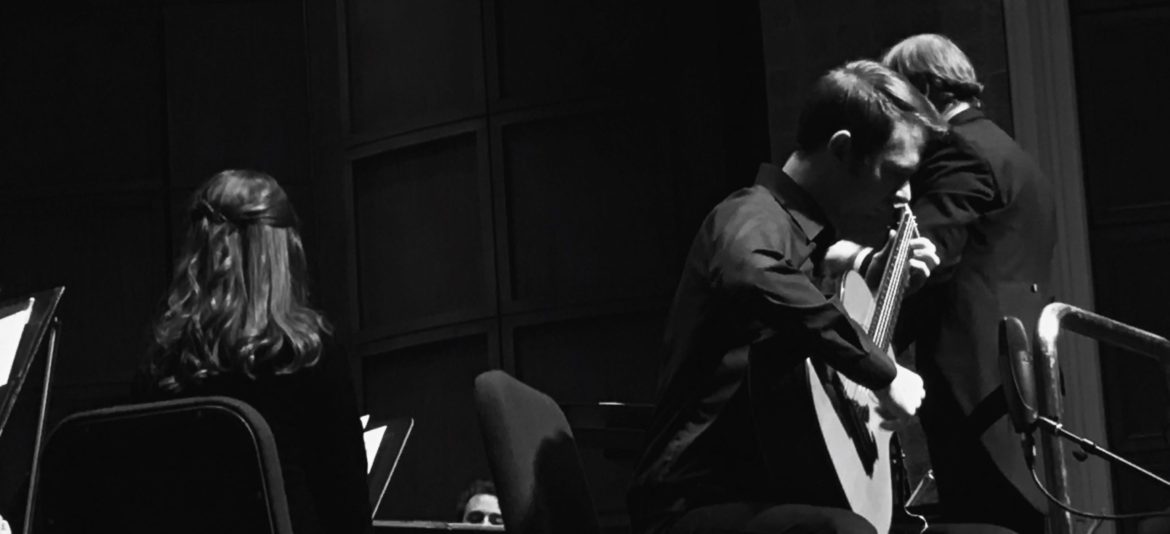Notation vs. Recording
A recent quiz I gave my music technology students had the following essay question:
Which technology do you think has had a greater impact on the development of music, notation or recording?
I expected a variety of answers but was surprised at the veracity with which the majority of students (10 out of 12) argued for notation. These are all young musicians undergoing a classical music education so perhaps I shouldn’t have been surprised, but it did get me thinking about the different ways we relate to music through these two technologies.
Obviously notation as a tool of preservation of the past is of inestimable worth. Much of the music that is so important to me would be lost had it not been written down. At least we assume this. Without notation would the western tradition have continued as an oral tradition rather than a written one? Would violin teachers pass Bach partitas down to their students like Indian masters pass ragas down? Would they have subtly changed over the years the way folk songs do? Would there be Bach Partitas at all or would music have sounded utterly different in his day? I don’t know, but I am fascinated by this question. If there are any speculative musicologists out there writing about this I haven’t found them.
As a means of compositional thought notation has also been influential. Mozart had the inner ear to write complete pieces in his head before writing them down perfect and complete, but Beethoven worked out his musical ideas on paper as he revised draft upon draft. The key here though is they were both composing in their heads, Mozart at his desk and Beethoven walking around the countryside. The notation was to communicate intent to the musicians. (I’m fond of this definition of notation from Ferrucio Busoni, “Notation…is primarily an ingenious expedient for catching an inspiration, with the purpose of exploiting it later.” Sketch of a New Esthetic of Music.) Beethoven, of course, was left only with his inner ear by his later life. Something I still recall now and then and can hardly believe is true.
“Notation…is primarily an ingenious expedient for catching an inspiration, with the purpose of exploiting it later.”
Ferrucio Busoni, Sketch of a New Esthetic of Music
Not until Stravinsky did a composer openly brag about composing at the piano (that I know of, correct me if I’m wrong) since he was dealing with a more complex set of sonorities. Historically though, composers hear the music then they write it down. Bach considered anyone who composed at the keyboard an amateur. That is, professionals do their thinking by ear.
This is why it seems obvious to me recording is a much superior technology and has changed us as musicians so much more than notation. Notation is potential sound, recording is actual sound.
For most of human history, all the music a person heard in their entire life was made by themselves, someone within ear shot, or imagined in their heads. For barely more than a century has this has been different. Through recordings we have access to an entire world of music, not just our locality. Recording gave non-notated music portability and preservation for the first time.
As Richard Taruskin points out in the masterful introduction to his six-volume Oxford History of Western Music, what we call “music history” is really the history of notated music plus some scarce archeological evidence of previous musical activities. At least until the 20th century. Now all these other musical activities can be recorded and preserved. Think for a moment about the diversity of music you have heard in your life. Now think about the music you have heard live. One of my favorite composers is Arvo Pärt. I cannot recall ever hearing one of his works in a live concert. There are dozens of composers whose works I know and admire that is true for. Recording has allowed us to become musical globalists in a way that notation could never have done.
I will follow this up with another post about how being notation-centric affects our musical thinking.
